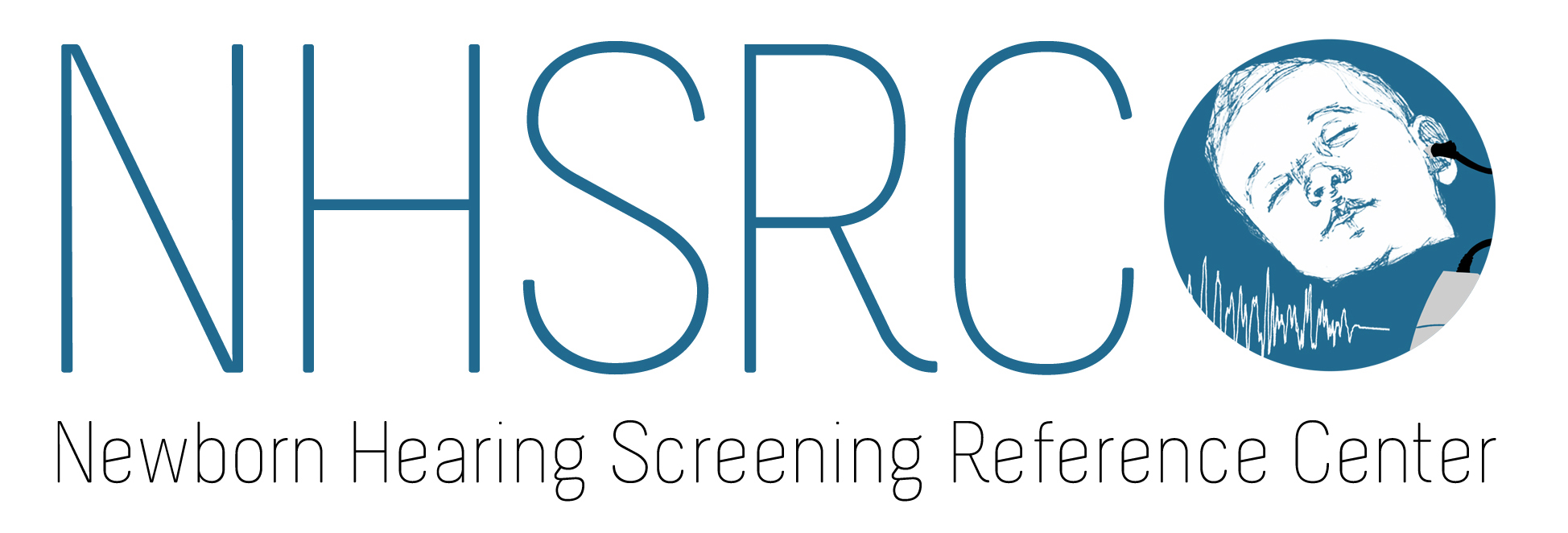Newborn Hearing Screening Reference Center

The Newborn Hearing Screening Reference Center (NHSRC), based at the University of the Philippines-Manila National Institutes of Health, is the key enforcer and implementer of the mandatory hearing screening for all Filipino newborns. This is mandated under R.A. 9709 : Universal Newborn Hearing Screening Act for the prevention, early diagnosis, and intervention of Hearing Loss.
The Newborn Hearing Screening Reference Center is the central facility at the NIH which certifies Newborn Hearing Screening facilities and prepares defined testing protocols and quality assurance programs.
In 2007, a Task Force on Newborn Hearing Screening was convened by PSO-HNS with the PNEI working group, which rigorously researched, analyzed and considered the benefits of the Universal Newborn Hearing Screening Program (UNHSP) for further recommendation and implementation. It was in the same year that the first annual Collaboration on Newborn Hearing Screening Advocacy (CoNHScA) was held, where activities, practices and experiences of the UNHSP in various communities were conveyed.
The formation of the Task Force on Newborn Hearing Screening in 2007 was the first step towards addressing this pressing concern on how to prevent the repercussions of hearing impairment through early identification and intervention. Although advocacy programs, lectures and conferences were continuously carried out, in 2008 the task force took that bold initiative to push for legislative efforts through Senator Loren Legarda.
The Republic Act 9709 also known as An Act Establishing a Universal Newborn Hearing Screening Program for the Prevention, Early Diagnosis and Intervention of Hearing Loss was finally approved and signed into law on June 2009. The enactment of RA 9709 mandates all newborns to undergo hearing screening prior to hospital discharge or within three months after birth.
OBJECTIVES:
1. Develop standards for certification for newborn hearing screening centers
2. Define hearing screening protocols
3. Maintain external laboratory proficiency program
4. Oversee the national testing database and cases registries
5. Assist in training activities in all aspects of program.
6. Oversee the development of all promotional and educational materials
7. Report to DOH any non-compliance committed by newborn hearing screening centers of health facility .
Our Mission
· To have all newborns undergo hearing screening prior to hospital discharge or within three months if born outside the hospital;
· To provide an accessible, effective and efficient system of services;
· To implement time-bound intervention: hearing screening within the first month, hearing evaluation within the third month and early intervention by the sixth month;
· To provide the necessary services for hearing habilitation/rehabilitation;
· To monitor the incidence and prevalence of hearing loss in the Philippines;
· To promote awareness and information campaign to the public about hearing loss.
Director
Charlotte M. Chiong, MD, PhD
Administrative Staff Member
Maria Prexcilla R. Ypil
Fedelis G. Aransazo
